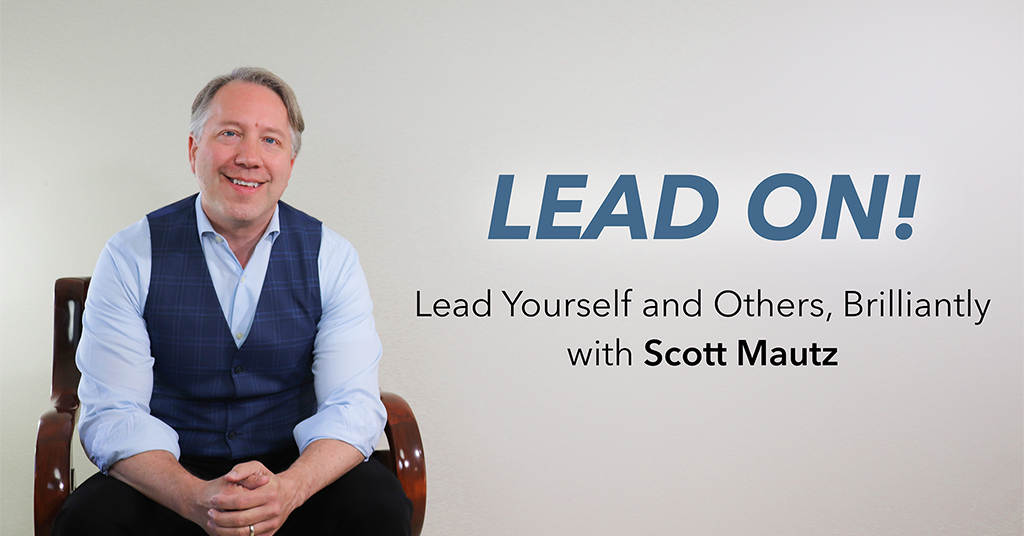
INSIGHTS (on leadership/self-leadership)
This week’s issue is all about productivity. Let’s start with this insight. If you want to work smarter, sync with your bodies secret natural rhythm and energy cycle.
Research from the U.S. Army shows our body and mind respond best to longer periods of work (up to 90 minutes), followed by short breaks (15 minutes). The Federal Aviation Administration discovered the same in a study that showed following this approach improved awareness and focus among pilots by 16 percent.
A method called The Pomodoro Technique encourages you to commit to this practice by setting a kitchen timer for 25 minutes of uninterrupted work, followed by a quick break. So choose a length of time (whether it’s 25 minutes, 90 minutes, or anywhere in-between), and get to work. I use this technique every time I write and can tell you first hand, it’s a productivity powerhouse.
IMPERFECTIONS (a mistake many make)
There’s no bigger barrier to productivity than procrastination. Here are the three most common lies we tell ourselves that feed this counterproductive habit:
“I work better under pressure,” you say – but research shows the opposite. In study after study, people under stress have been shown to make more errors in their work.
“My willpower will kick in,” you think – but studies show willpower is consistently overestimated while how quickly it’s depleted is underestimated. In fact, we often subconsciously avoid committing to long-term goals because we know deep down that when we first encounter a setback, our willpower will quickly run out and we’ll end up bailing. Think of that exercise routine you promised yourself you’d stick to. Things were going well until you missed two days in a row, then bam! Back to the usual. Instead of exercising you exercise your right not to. Been there. Done that.
“My self-imposed deadlines will keep me on track.” Sorry, but nope. Research shows it’s far more effective to set deadlines externally – like with your boss or a friend.
IMPLEMENTATION (one research-backed strategy, tip, or tool)
Keeping with the productivity barrier that is procrastination, I’ve written before about how important it is to just…get…going…on a task. So how might you get better at getting a task started?
Start with extremes.
Break the task into a series of smaller steps, from easiest to most difficult. Then, start on either end. Do the hardest steps first, or peel off a few of the super easy tasks right at the beginning to start building momentum. Either way can work – it depends on your preference.
Getting the stressful, hardest parts done first allows you to be more present with each of the tasks thereafter, rather than having that toughest task continually gnawing at you in the back of your mind. Your energy is highest at the start as well, thus increasing the likelihood you’ll blast through the tough task.
Starting with the easiest tasks feeds into our natural desire for instant gratification and can get the ball rolling, too.




Leave a Reply